BSc Agriculture
October 28, 2023 2024-03-22 6:44BSc Agriculture
B.Sc. (Hons)
Agriculture
About this Course
Welcome to our vibrant academic community dedicated to cultivating future leaders in agriculture! B.Sc. (Hons.) Agriculture is akin to stepping into the beating heart of agriculture – the very backbone of our world. Endorsed by the Government of India, this course has become the essence of fascination among science enthusiasts. Our Bachelor of Science (Honours) in Agriculture program is designed to provide students with a comprehensive understanding of the agricultural sciences, equipping them with the knowledge and skills necessary to tackle the challenges of modern agriculture and contribute meaningfully to the global food system.
Our curriculum covers a broad range of topics, including crop science, soil science, animal science, agricultural economics, agricultural engineering, and more. Students have the flexibility to tailor their studies to align with their interests and career goals, whether they aspire to become agronomists, agribusiness professionals, agricultural researchers, or policymakers.
Some of the Popular Career Paths Include
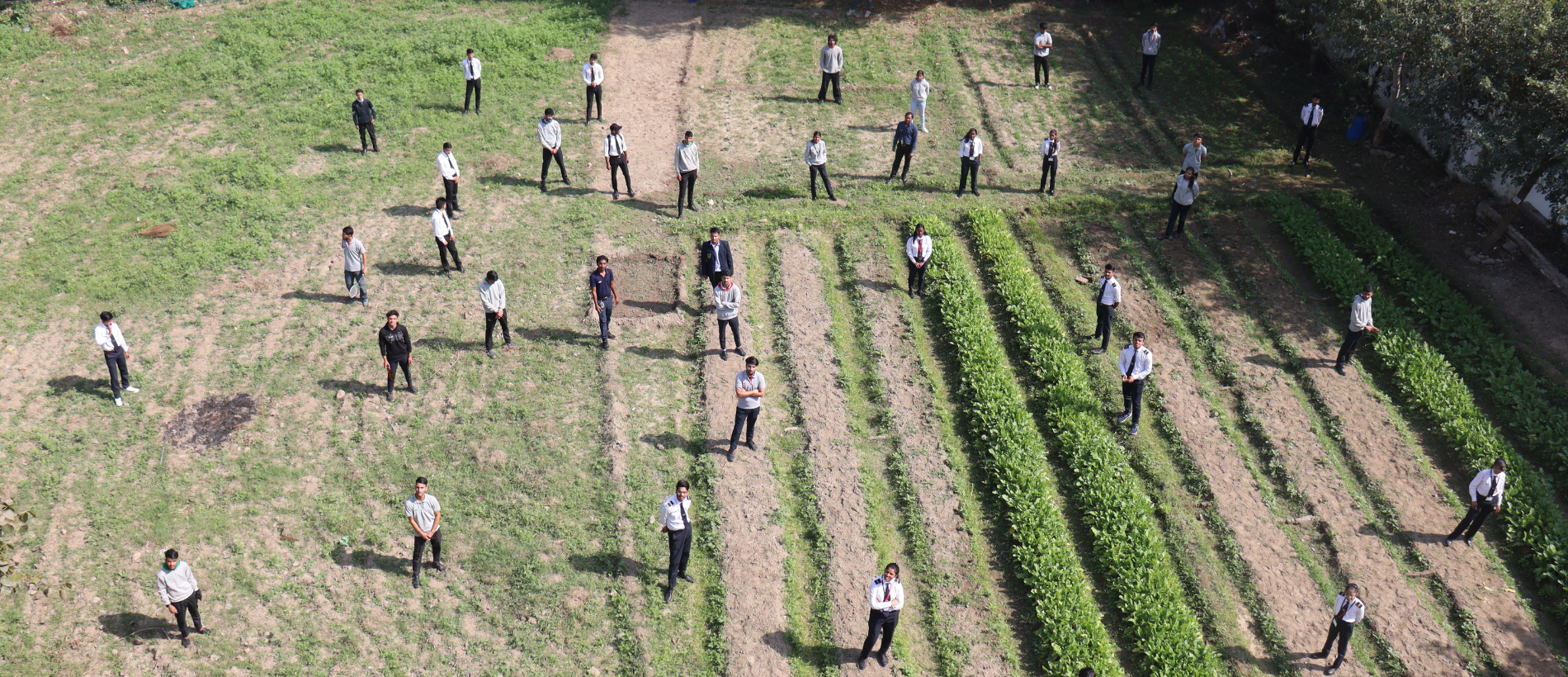
Life of a
Agriculture student
College is an exhilarating journey through the fields and labs. Days are filled with hands-on farming, soil experiments, and animal care. It's a dynamic blend of practical learning and innovation, where we sow the seeds of a sustainable future.
Download Brochure
Curriculum
| I Semester | 1 | Fundamentals of Agronomy |
| 2 | Fundamentals of Genetics | |
| 3 | Fundamentals of Soil Science | |
| 4 | Fundamentals of Horticulture | |
| 5 | Rural Sociology & Educational Psychology | |
| 6 | Introduction to Forestry | |
| 7 | Introduction Animal Husbandry | |
| 8 | Comprehension & Communication Skills in English | |
| Remedial Course | ||
| 9 | Agriculture Heritage | |
| 10 | Introductory Biology / Basic Agriculture-I | |
| 11 | Elementry Mathematics/ Basic Agriculture-II | |
| Non Gradial Course | ||
| 12 | NSS/NCC/Physical Education & Yoga Practices | |
| II Semester | 1 | Foundamentals of Crop Physililogy |
| 2 | Fundamentals of plant biochemistry | |
| 3 | Fundamentals of Entomology-I | |
| 4 | Fundamentals of Agricultural Economics | |
| 5 | Principles of Organic Farming | |
| 6 | Fundamentals of Plant Pathology | |
| 7 | Production Technology for Vegetables and Spices | |
| 8 | Fundamentals of Agricultural Extention Education | |
| 9 | Food Processing and Safety issue | |
| 10 | Human Value and Ethics | |
| 11 | Soil and Water Conservation Engineering | |
| III Semester | 1 | Crop Production Technology-I (Kharif / Crops) |
| 2 | Practical Crop Production-I ( Kharif/Crops) | |
| 3 | Fundamentals of Plant Breeding | |
| 4 | Agricultural Microbiology | |
| 5 | Agricultura Finance nd Co-Operation | |
| 6 | Farm Mechinery and Power | |
| 7 | Principles of integrated Disease Mangement | |
| 8 | Enviromental Studies & Disaster Management | |
| 9 | Statistical Methods | |
| 10 | Dairy Science | |
| 11 | Fundamental of Entomology-II | |
| IV Semester | 1 | Crop Production Technology-II (Rabi Crops) |
| 2 | Practical Crop Production-II ( Rabi Crops) | |
| 3 | Principles of Seed Tecnology | |
| 4 | Problematics soil and their Mangement | |
| 5 | Renewable Energy and Green Technology | |
| 6 | Production Technology for Ornamental Crops,MAP and Landscaping | |
| 7 | Enterpreneurship Development and Business Communication | |
| 8 | Introductory Agro-mentorology & Climate Change | |
| 9 | Agri- Informatics | |
| 10 | Poultry Production Management |
| V Semester | 1 | Rainfed nad dryland Agriculture |
| 2 | Crop Improvement-I (Kharif Crops) | |
| 3 | Pets of Field Crops,Stored Grains and their Management | |
| 4 | Agricultural Marketing Trade & Price | |
| 5 | Protective Cultivation and Secondary Agriculture | |
| 6 | Diseases of Field and Horticultural Crops and their Management-I | |
| 7 | Production Technology for Fruits and Plantatin Crops | |
| 8 | Communcation Skills and Personality Development | |
| 9 | Intellectual Property Rights | |
| 10 | Princilpes of Food Science & Nutrition | |
| 11 | Geo-informatics and Nenotecnology | |
| Elective Course-I (Select any one course) | ||
| * | Agribusiness Management | |
| * | Agrochemicals | |
| * | Commercial Plant Breeding | |
| * | Landscaping | |
| * | Food Safety and Standards | |
| * | Biopesticides & Biofertilizers | |
| VI Semester | 1 | Farming System,Precision Farming & Sustainable Agriculture |
| 2 | Crop Improvement-II (Rabi Crops) | |
| 3 | Manures,Fertilizer and Soil Fertility Management | |
| 4 | Farm Management,Production & Resourse Economics | |
| 5 | Diseases of Field and Horticultural Crops and their Management-II | |
| 6 | Post-harvest Management and Value Addition of Fruits and Vegetables | |
| 7 | Watershed and Waterland Management | |
| 8 | Beneficial insects and Pest of Horticultural Crops and their Management | |
| 9. Elective Course-I (Select any one course) | ||
| * | Protected Cultication | |
| * | Hi-tech.Horticulture | |
| * | Weed Management (Deptt.of Agronomy) | |
| * | System Simulation and Agro-advisory (Soil Conservation) | |
| * | Agricultural Journalism | |
| * | Composition cum Duck (and) Quail (and) Rabbit culture | |
| 10 | Educational Tour | |
| VII Semester | 1 | General Orientation & on campus trainning by different faculties |
| 2 | Vilage attachments | |
| 2 | Unit attachment in Univ./College. KVK / Research Station Attachment | |
| 3 | Plant Clinic | |
| 3 | Agro – Industrial Attachment | |
| 4 | Educational Tour (Non- Gradial ) | |
| 5 | Project Report Preparation , Presentation and Evaluation | |
| VIII Semester | 1 | Production Technology for Bioagents and Biofertilizer |
| 2 | Seeds Production and Technology | |
| 3 | Mushroom Cultivation Technology | |
| 4 | Soil,Plant,Water and Seeds Testing | |
| 5 | Commercial Beekeeping | |
| 6 | Poultry Production Technology | |
| 7 | Commercial Horticulture | |
| 8 | Floriculture and Landscaping | |
| 9 | Food Processing | |
| 10 | Agriculture Waste Management | |
| 11 | Organic Production Technology | |
| 12 | Commercial Sericulture |
Our Proud Alumni

Animesh Banerjee

Jameson

Mritunjay Chaudhary

Lakshmi S. Nath

Pasan Pavan Kalyan

Rahul Jaiswal

Shivam Kumar

Yadhika Ghatani
Photo Library
Crafting careers, fueling dreams. Where learning meets adventure, everyday.
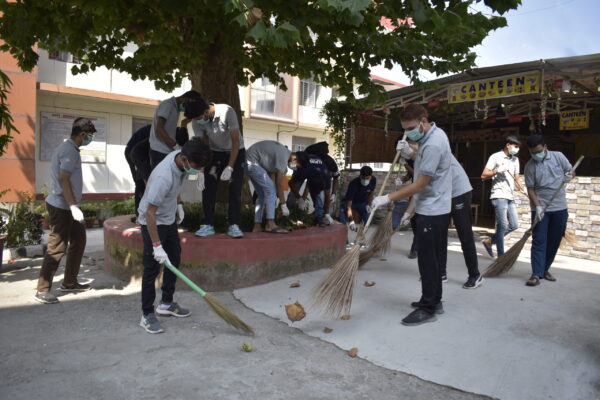
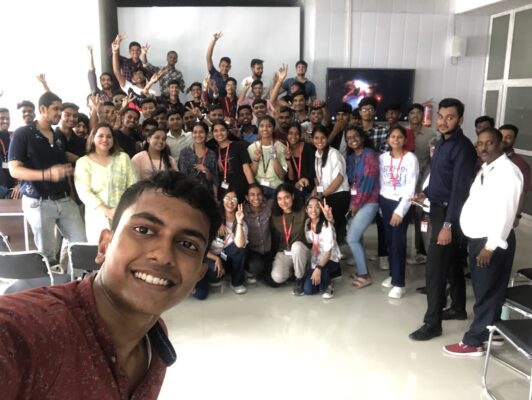



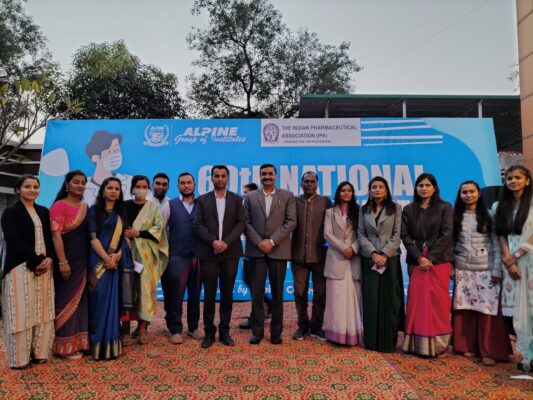
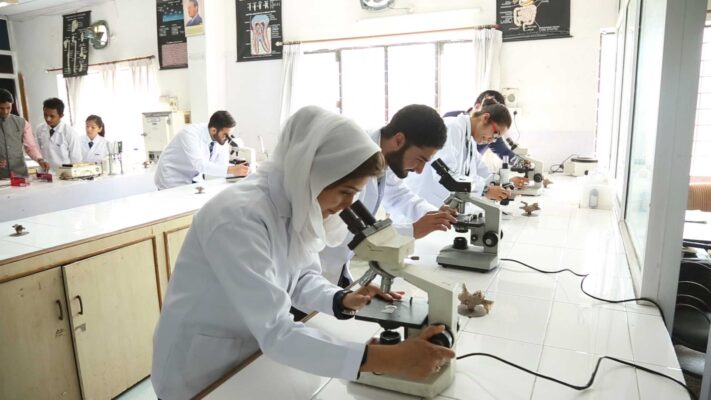
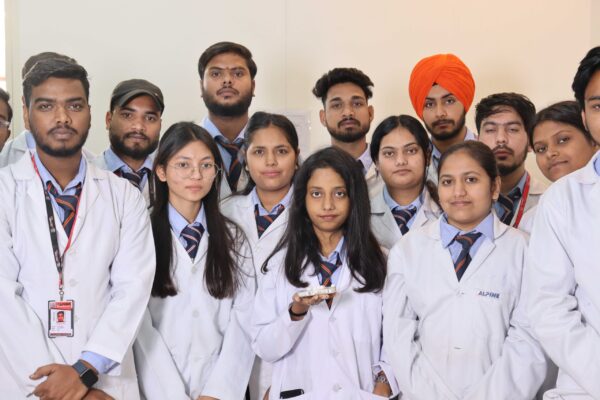
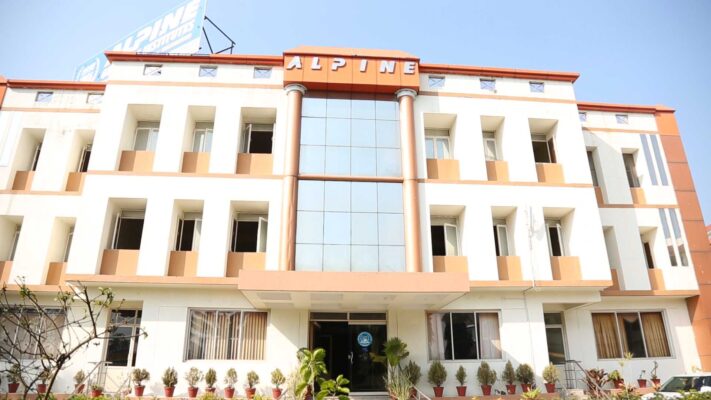

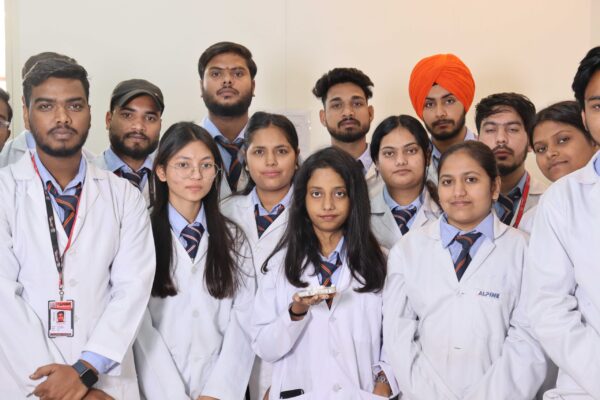

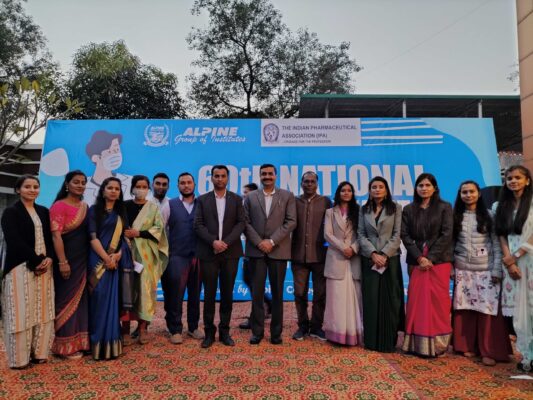

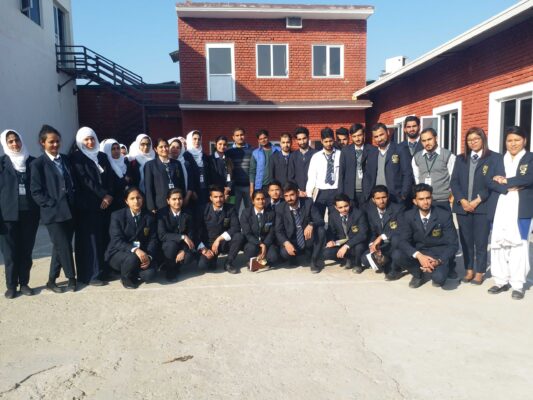
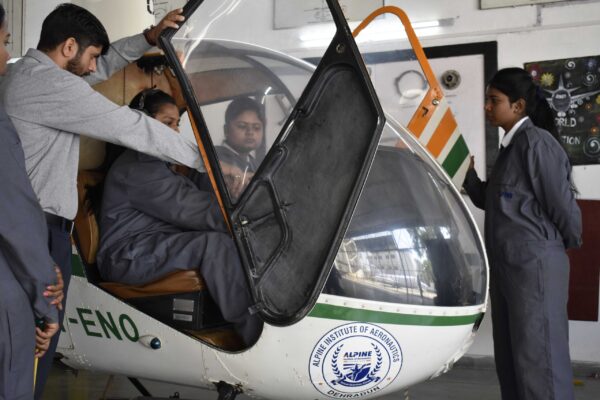
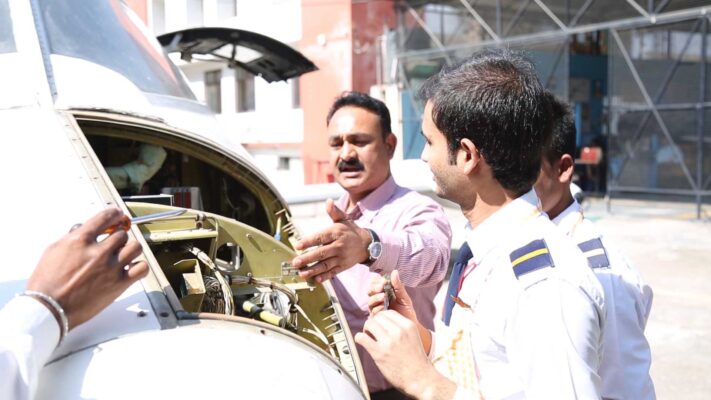
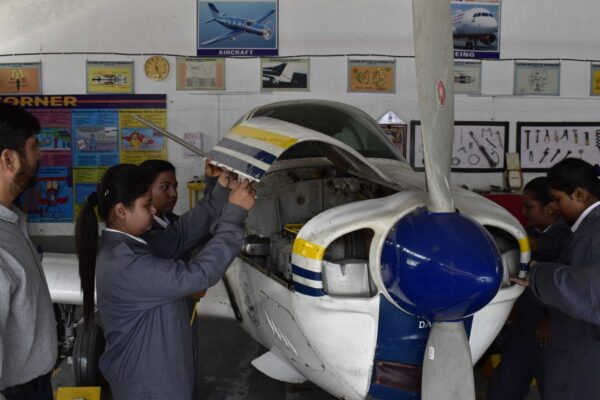
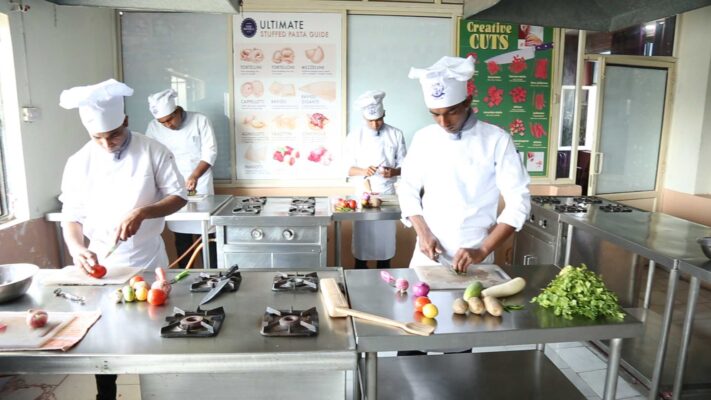
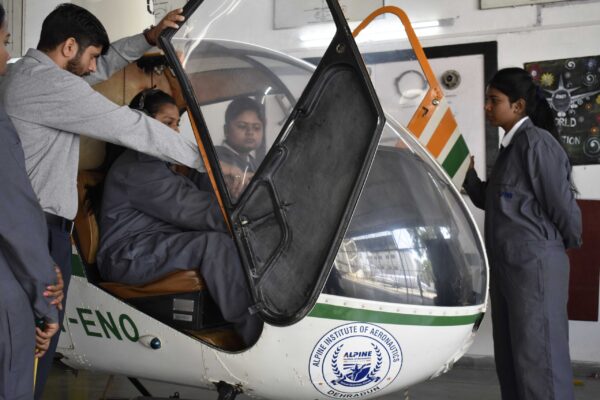
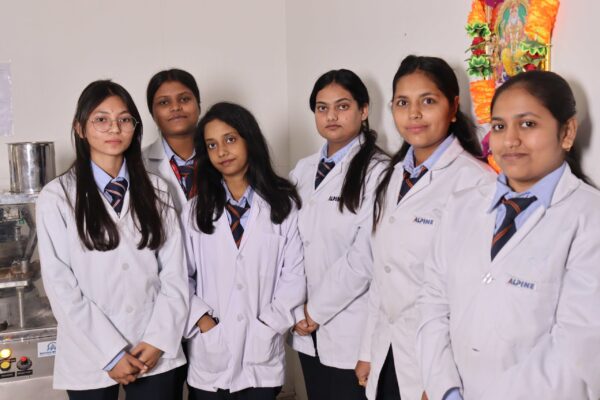
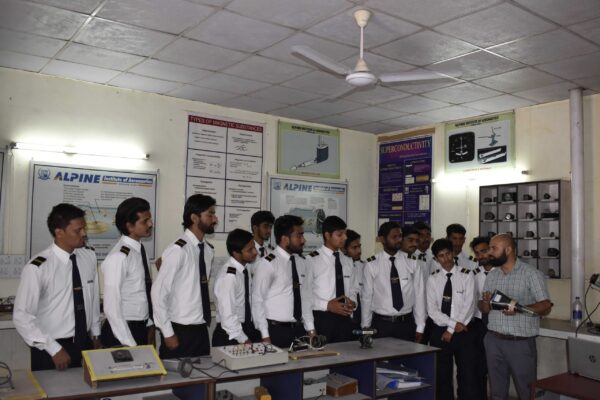
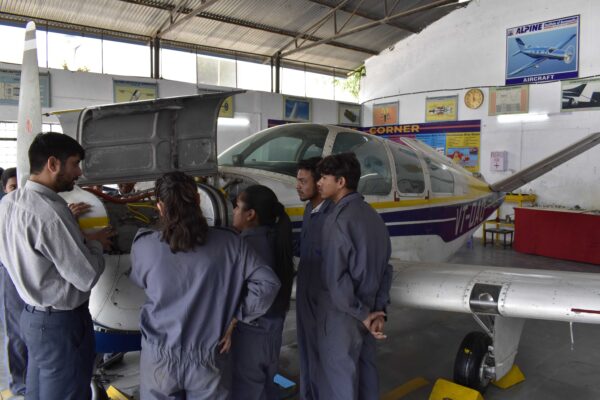
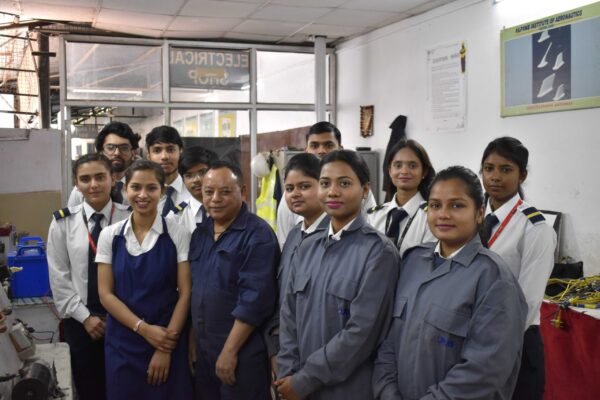

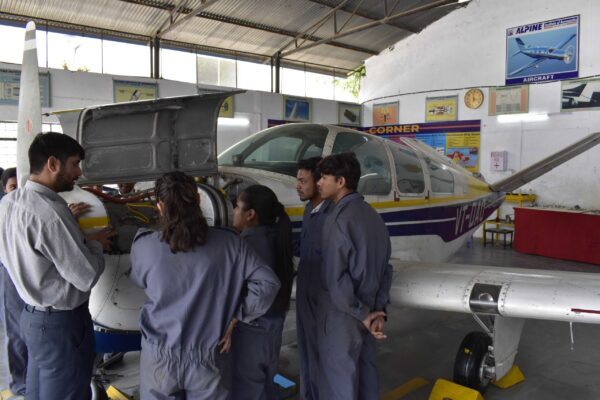
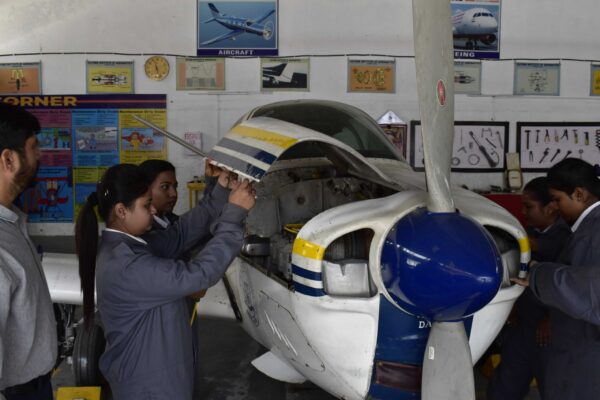


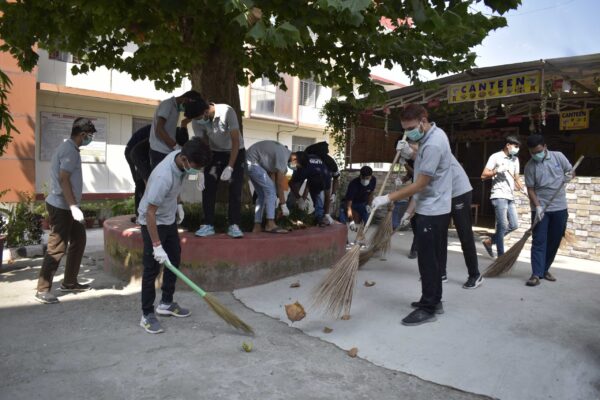
Frequently Asked Questions
For decades, the agricultural industry has served as the backbone of the Indian economy. It has been said that India’s agriculture industry makes for roughly 20% of the nation’s GDP. The agriculture industry is evolving to become more technologically, scientifically, and modern. The B.Sc. in Agriculture is a very promising, broad-based subject. Food production, horticulture, animal husbandry, rural development and economy, environmental health, and other related topics are covered. Although there may be layoffs in other areas, agriculture will always be safe because “food” is a basic human need.
There will never be a recession or slowdown in the global food supply. Therefore, the degree will provide a range of opportunities in the job market. Graduates with a bachelor’s degree in agriculture have access to a wide range of profitable job options in academic, commercial, and public institutions as well as in research extension and agricultural enterprises with a salary range from 3.3 LPA to 10 LPA.
Candidates can acquire the skills and information necessary to become an agri-entrepreneur by enrolling in the four-year B.Sc. Agriculture programme. Your future in agriculture looks bright since improved crop production through new technologies and farming techniques need skilled professionals. By 2050, there will be nine billion people on the planet, all of whom will require food. Thus, rapid population expansion will present young farmers with commercial prospects in the years to come and increase crop yield through the use of technology, research, and better farming techniques. You will learn about the principles of modern industry technology, water resource management, soil texture, poultry management, and agricultural procedures by obtaining a B.Sc. in Agriculture. Both the public and private sectors have a number of positions available. A B.Sc. in agriculture would entitle you to employment in the public and private sectors, but you would also need to pass specific competitive exams.
It is mandatory for candidates to meet the qualifying requirements in order to be eligible for a B.Sc. in Agriculture. Candidates must have earned a minimum of 50% in PCM/B (Physics, Chemistry, Mathematics, and Biology) courses in Class 12 Science from a recognized board in order to be considered for admission. The best entrance tests for admission to B.Sc. Agriculture programme are CUET, ICAR AIEEA, CG PAT, MHT CET, AGRICET, KCET, and UPCATET.
Students pursuing a Bachelor of Science in Agriculture will study the fundamentals of plants, agriculture economics, and humanities in their first year. They will engage with subjects like microbiology, entomology, and core agriculture engineering in their second and third years. Through agronomy and agricultural statistics, they will gain practical on-field experience in their last year of study. Students that take an agriculture course often graduate with a broad understanding of the field, which includes the following: The fundamentals of agronomy, the protection of crops, the management of weeds, irrigation techniques, management of water resources, organic farming, and sustainable agriculture are all covered.




